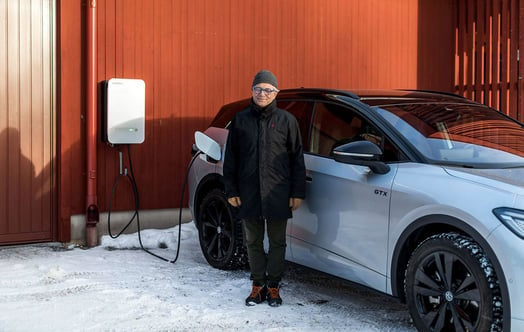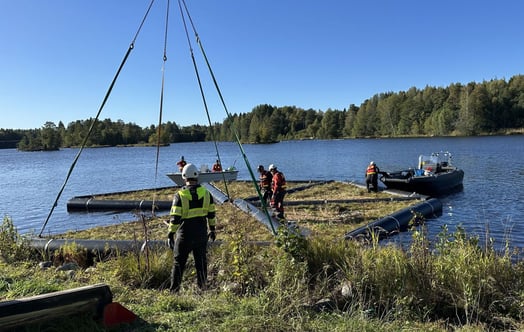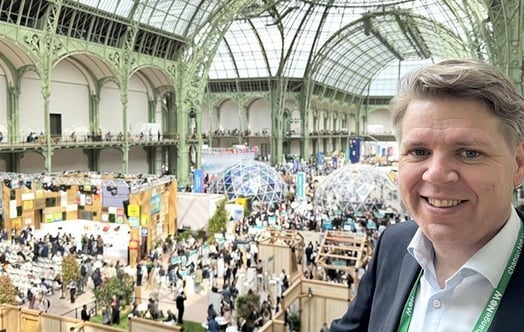Vattenfall acquires Dutch energy software services company Senfal
Vattenfall has bought 100 percent of the shares of the Dutch company Senfal, thereby adding new services for industry demand side flexibility and renewable generation optimisation.
Senfal is a Dutch start-up that offers innovative software services to large industrial customers, wind and solar farms as well as battery owners for unlocking value from flexibility.
“Senfal has gained a wealth of experience and shows innovative thinking in automated demand response and robotic power trading,” says Erik Suichies, head of Vattenfall’s European wholesale customer business. “Adding their competence and solutions will strengthen Vattenfall’s position of being the preferred energy supplier for industrial customers and renewable operators in Northwestern Europe.”
Senfal’s automated demand response service steers the flexibility in assets, controlling and adjusting production schedules to monetize flexibility. Through its services, Senfal is able to substantially reduce the energy bill for large industrials and realize substantial improvements in power trading profits for wind and solar farms and battery owners.
Sander ten Kate, managing director of Senfal: “Partnering with Vattenfall enables Senfal to scale our technology to a very large customer base, thereby creating the desired impact. This is a very logical next step for our company.”
Facts:
Senfal has developed a trading technology based on algorithms using Artificial Intelligence. This technology enables wind farm operators and large industrials to optimally use their assets. Trading robots make buy or sell decisions on short term energy markets in a fully autonomous and automated way.Senfal has currently 22 employees and is based in Amsterdam.
For more information, contact:
Vattenfall Press Office +46 8 739 5010, press@vattenfall.com



